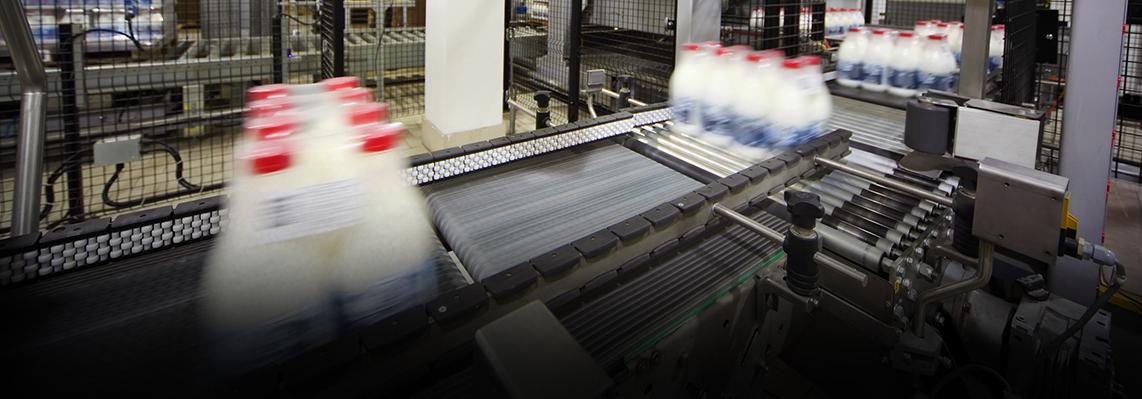The right MRO supplier can help food and beverage manufacturers to address 5 key challenges, says Craig Stasik, an industry sector manager at RS
While the acronym VUCA (Volatile, Uncertain, Complex and Ambiguous) has its origins in the Cold War context of the late 1980s, it’s a concept that resonates with many businesses today. The tumult of recent years shows no signs of abating, with respondents to a survey conducted by RS and the Chartered Institute of Procurement and Supply (CIPS) citing inflation and higher costs (82%), supply chain disruption (76%), managing risk in the supply chain (63%) and global political uncertainty (63%) as the biggest procurement challenges.
The survey’s findings, which form the basis of the Indirect Procurement Report 2022, also highlight a range of business pressures and day-to-day challenges. These include include delivering annualised savings (55%), maintaining ageing assets (45%) and ensuring contract compliance with preferred suppliers (44%).
These responses came as no surprise to Craig Stasik, industry sector manager for the food and beverage industry at RS. On the contrary, these pressures and challenges reflect the issues that his customers face day in, day out. Here Stasik shares his insights into how food and beverage manufacturers can alleviate these problems and the role that the right MRO suppliers can play in supporting them.
1. Availability and reliability
This has been a real challenge since the onset of the coronavirus pandemic and related supply chain issues. However, throughout the last couple of years, at RS, we have supported our customer base to ensure supply – which also ensures that they have seamless control of their business and production. In the process world, manufacturers need that certainty.
2. Mitigate the impact of inflation
I don’t think it’ll be a surprise to anyone, but inflation is one of the biggest challenges for process customers right now, as it is for pretty much all businesses.
As a result, we’re looking at how we can mitigate costs. Whenever you talk to a customer, if they can get a product that does the same job for a lower price point, they are interested – but the proof of the pudding is in the eating, as the saying goes, so the product needs to stand up to the claim.
It certainly does with the RS Pro range. RS Pro products are tried and tested and will do exactly what they’re supposed to for as long as an equivalent branded product but at a lower price. Customers who use RS Pro products have seen this for themselves and we like to be able to deliver real tangible savings for them.
"Total cost of ownership is more important than ever."Craig Stasik, Industry Sector Manager, RS
It isn’t just about the purchase price, either. Total cost of ownership is now more important than ever, taking into account other direct and indirect costs involved on top of what you pay to buy an item – including time spent on admin and processing. With the cost of products increasing across the board, and energy prices increasing too, it becomes vital to think about what you do with a product to make it more cost effective.
This has become another way for us to help our customers. It’s a different route to achieve the same goal, another way for them to keep the product they need but, with a bit of innovative thought, keep the overall cost down.
3. Maintain standards with trusted suppliers
One area where cost-cutting measures can be dangerously counterproductive is personal protective equipment (PPE). Trying to save pennies by purchasing cheaper items from unverified suppliers can end up being costly in more ways than one.
PPE is important to all customers but it’s vital to process manufacturers, especially in the food and beverage industry. In this sector, PPE is about both protecting the person from risks and protecting the food from people. Clearly the manufacturer doesn’t want a hair or part of a blue vinyl glove stuck in the product at the end of the process.
RS has a wide range of products and services to meet the needs of all food and beverage organisations.
One of the complaints I hear most consistently is about not having good enough data to be able to see what’s required and when. The reality is that some purchases are so sporadic, bought in ones and twos, that it’s impossible to know even when you have the data how you can get some tangible savings from it. It’s difficult to benchmark when there’s such a long tail of products in process manufacturing.





